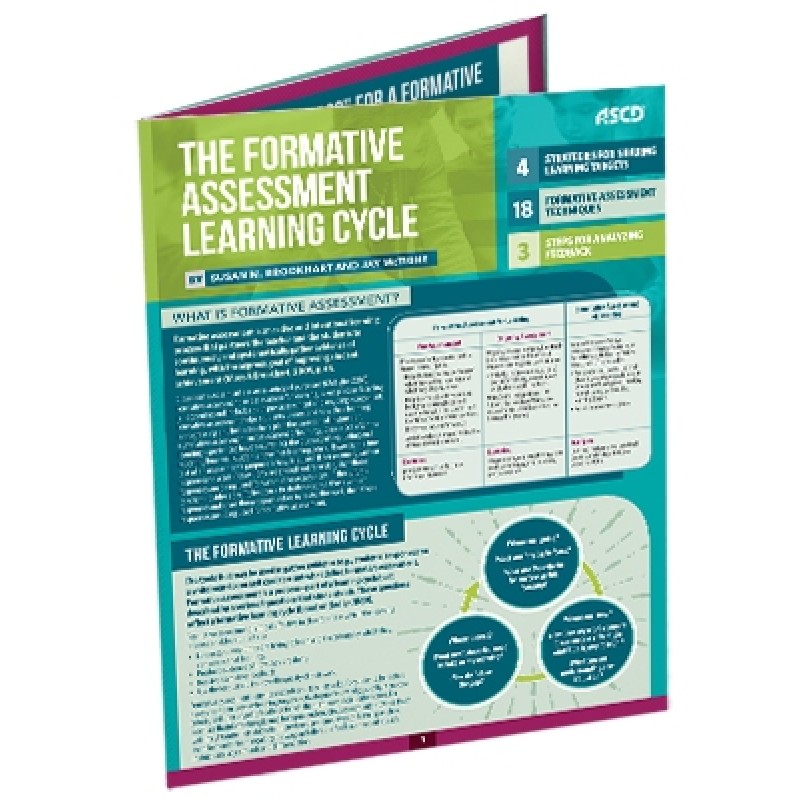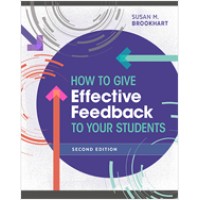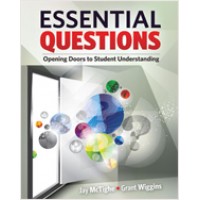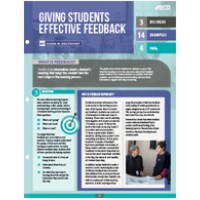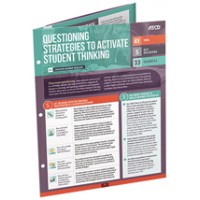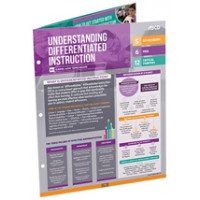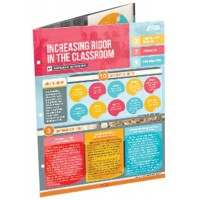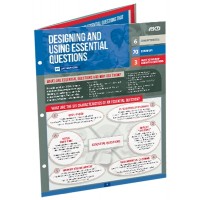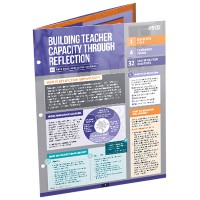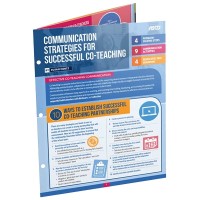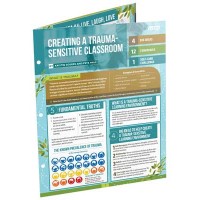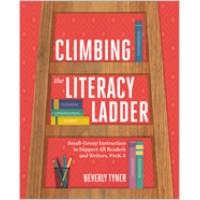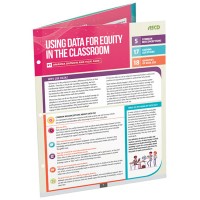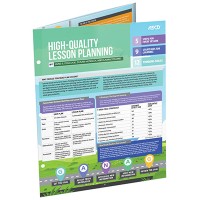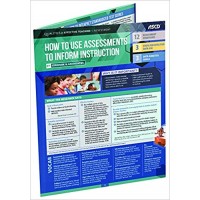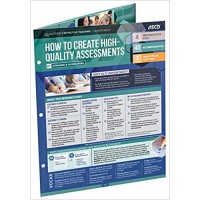The Formative Assessment Learning Cycle (Quick Reference Guide)
| Author(s) | Susan M. Brookhart, Jay McTighe |
| ISBN10 | 1416625178 |
| ISBN13 | 9781416625179 |
| Format | 3-Hole Punched, 3 Laminated Panels |
| Pages | 6 |
| Year Publish | 2017 August |
Synopsis
Formative assessment is a process, acted out in a formative learning cycle, that partners the teacher and the student to regularly gather evidence of learning with the express goal of improving student achievement. Formative assessment is most effective in classrooms in which the learning cycle enables students to
- Understand what they are trying to learn and the criteria by which they can assess that learning.
- Produce evidence of how they are doing.
- Receive formative feedback.
- Use the feedback to improve the quality of their work.
In this guide, experts Susan M. Brookhart and Jay McTighe show how best to incorporate the formative learning cycle into everyday instruction. They offer techniques for sharing learning targets, assessment activities to use in the classroom, and strategies for providing student feedback.
About the Authors:
Susan M. Brookhart is an independent educational consultant and author based in Helena, Montana. She currently serves as an adjunct faculty member in the School of Education at Duquesne University. She was the 2007–2009 editor of Educational Measurement: Issues and Practice, a journal of the National Council on Measurement in Education, and she is currently an Associate Editor of Applied Measurement in Education. She is author or coauthor of 17 books and more than 70 articles and book chapters on classroom assessment, teacher professional development, and evaluation.
Jay McTighe is an accomplished author, having coauthored 14 books, including the award-winning and best-selling Understanding by Design series with Grant Wiggins. He has also written more than 35 articles and book chapters, and been published in leading journals, including Educational Leadership (ASCD) and Education Week. McTighe has an extensive background in professional development and is a regular speaker at national, state, and district conferences and workshops. He has made presentations in 47 states within the United States, in seven Canadian provinces, and internationally in 36 countries on six continents.

